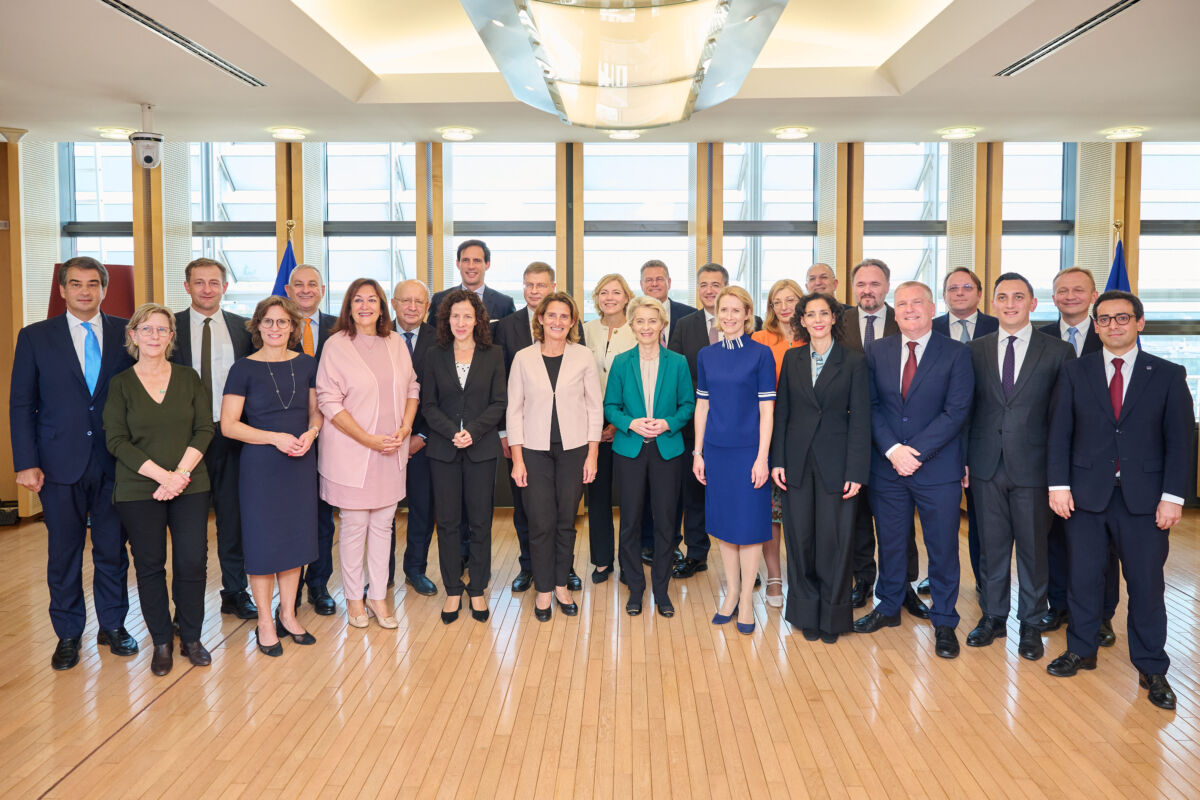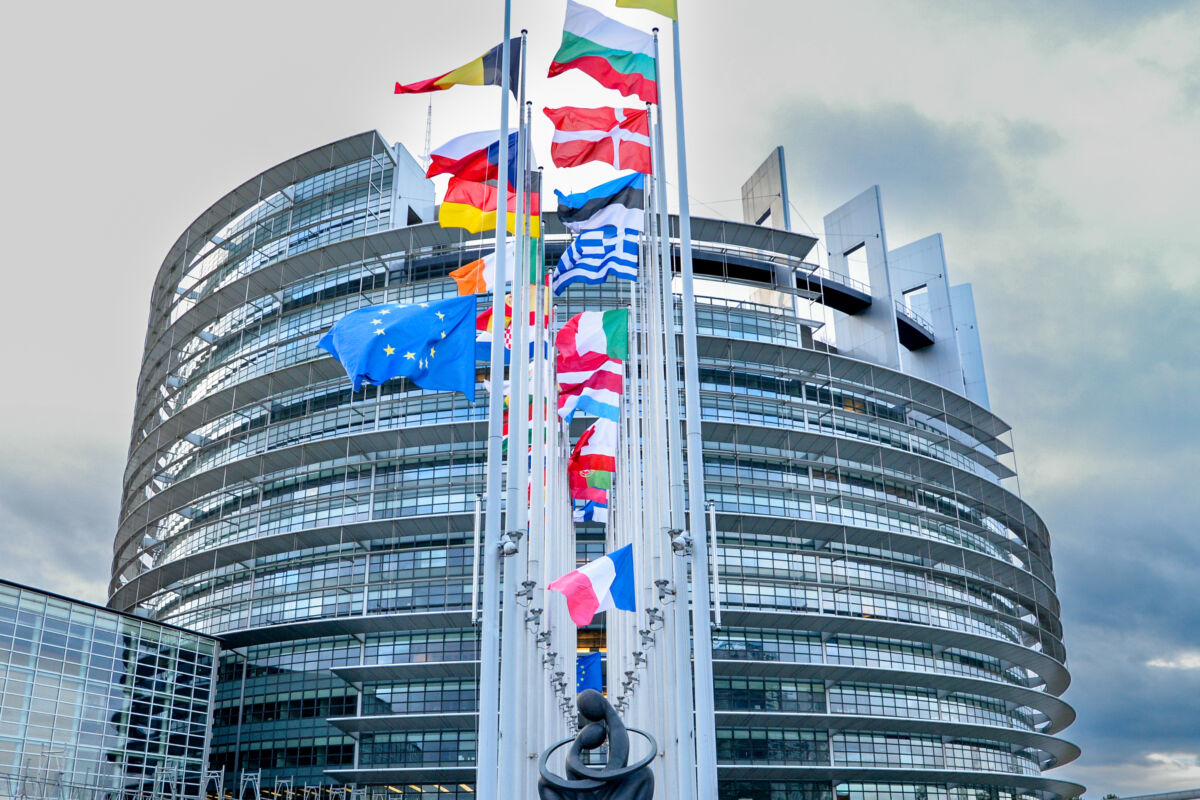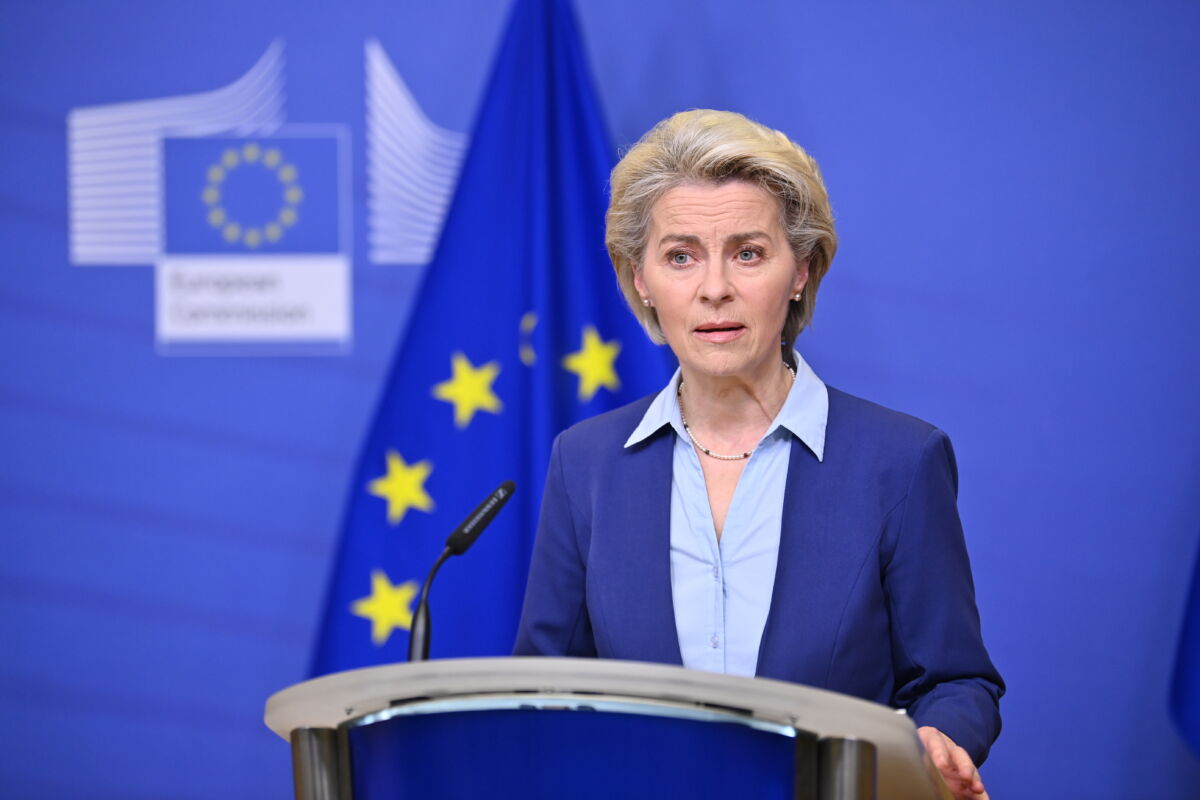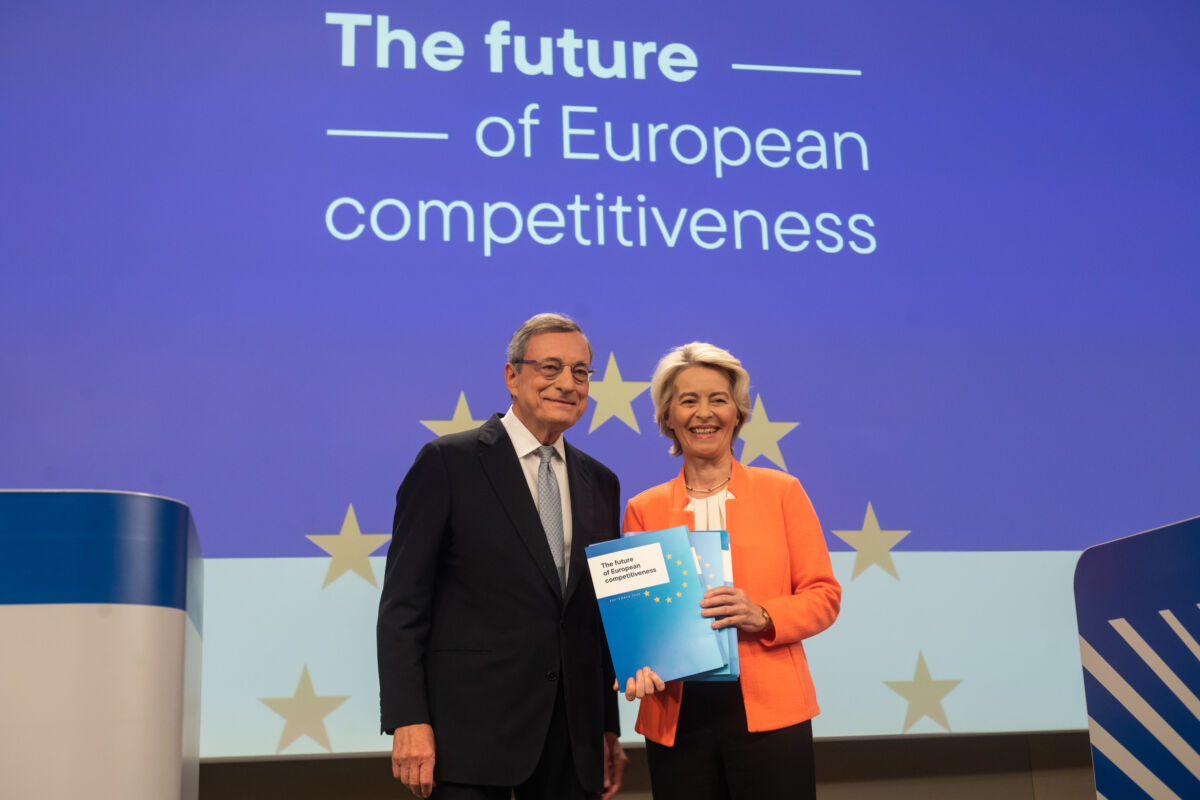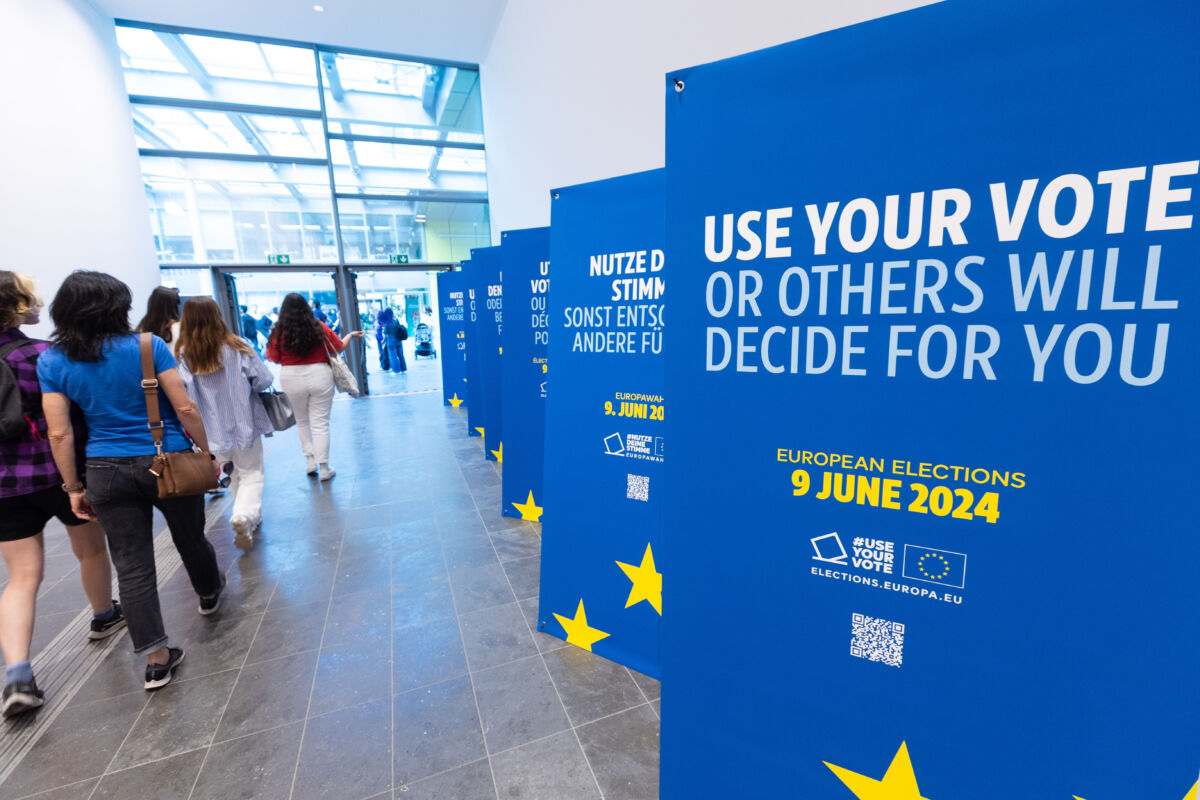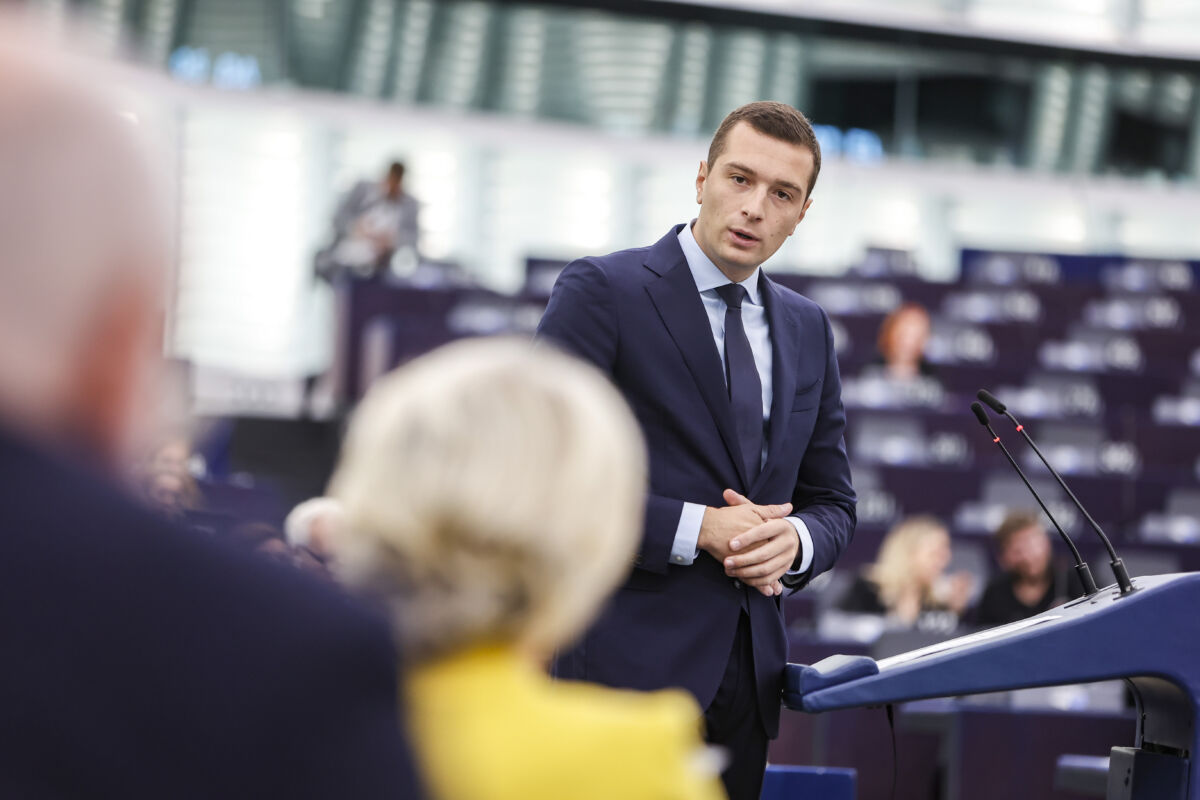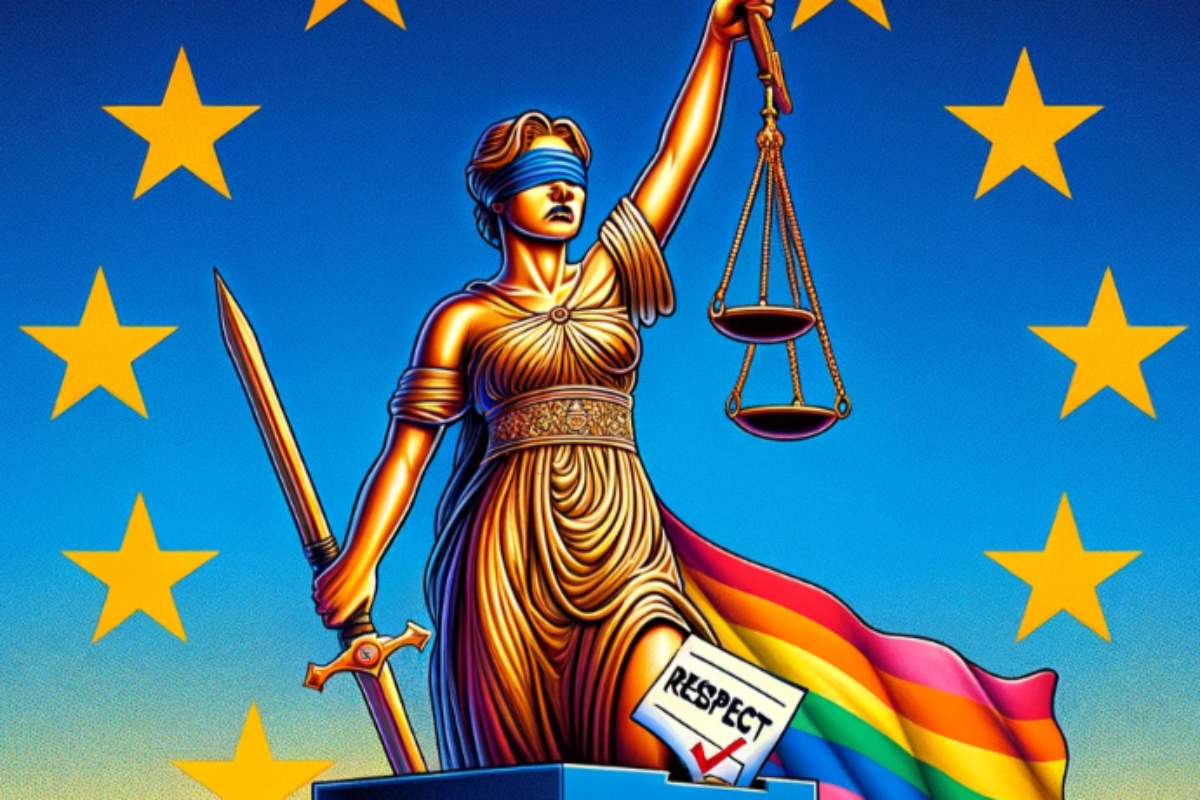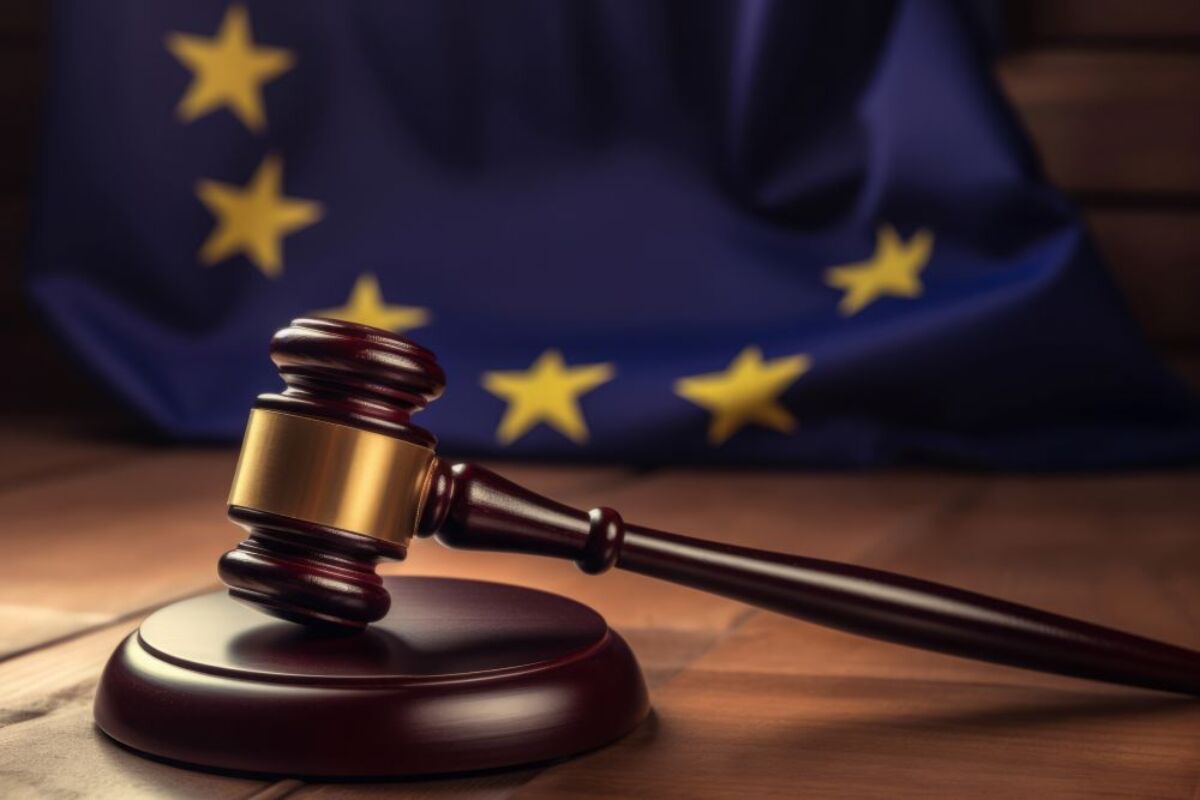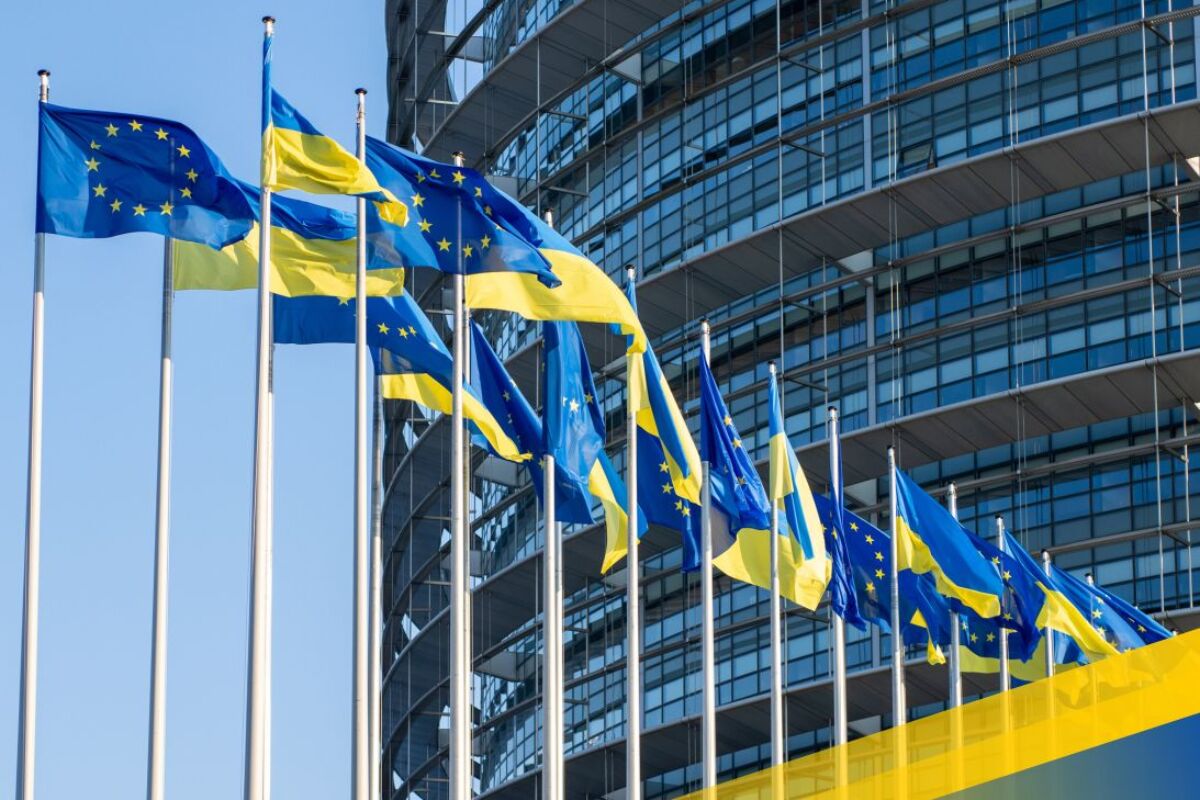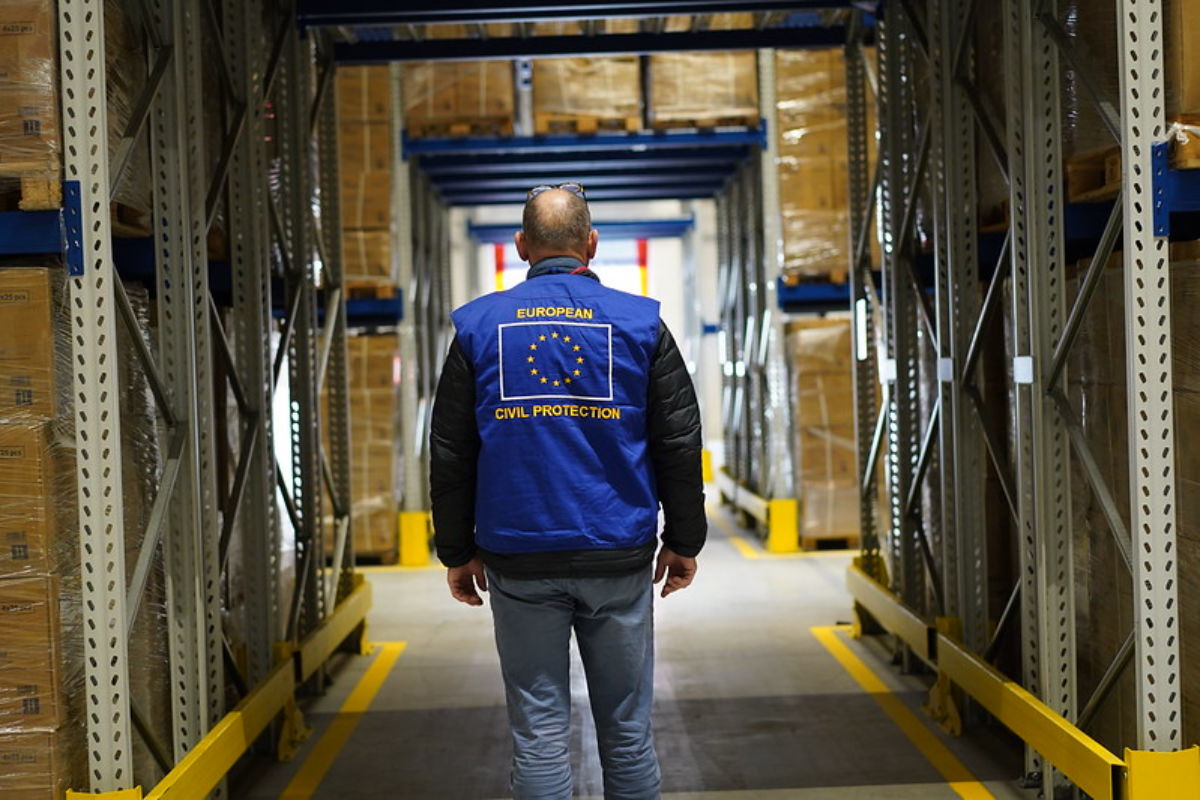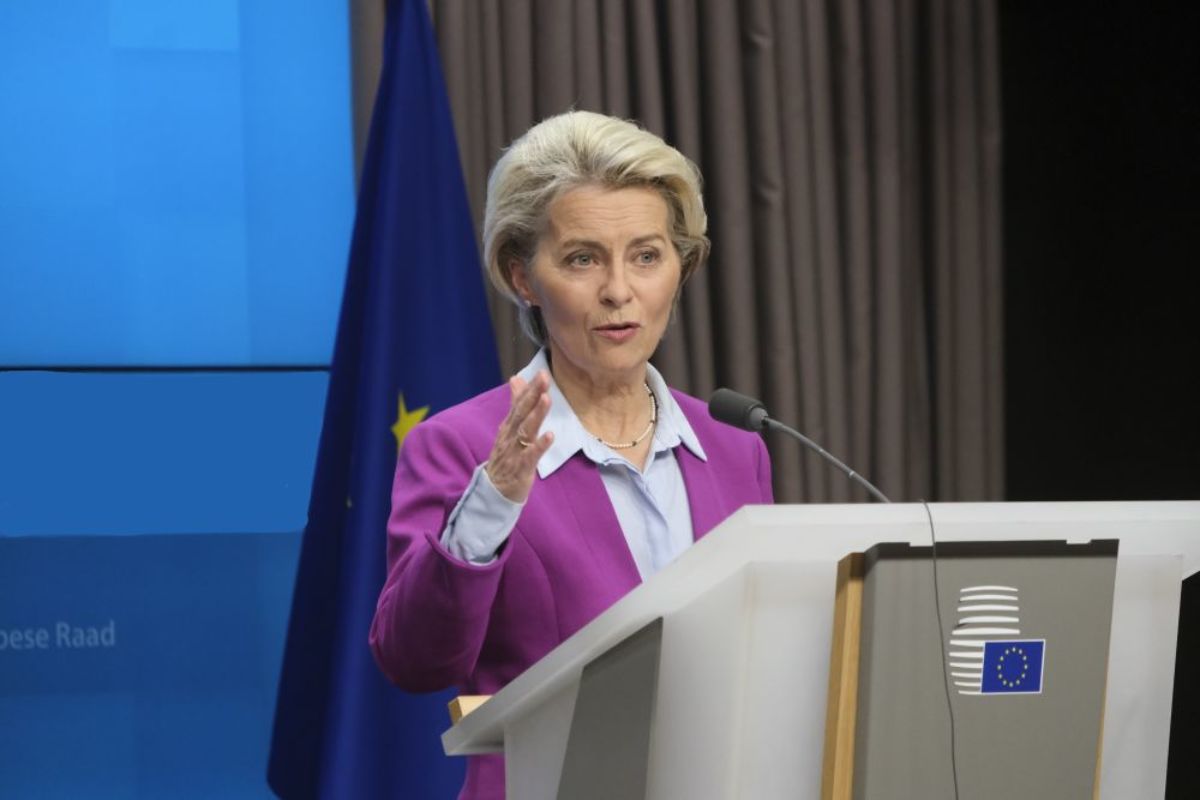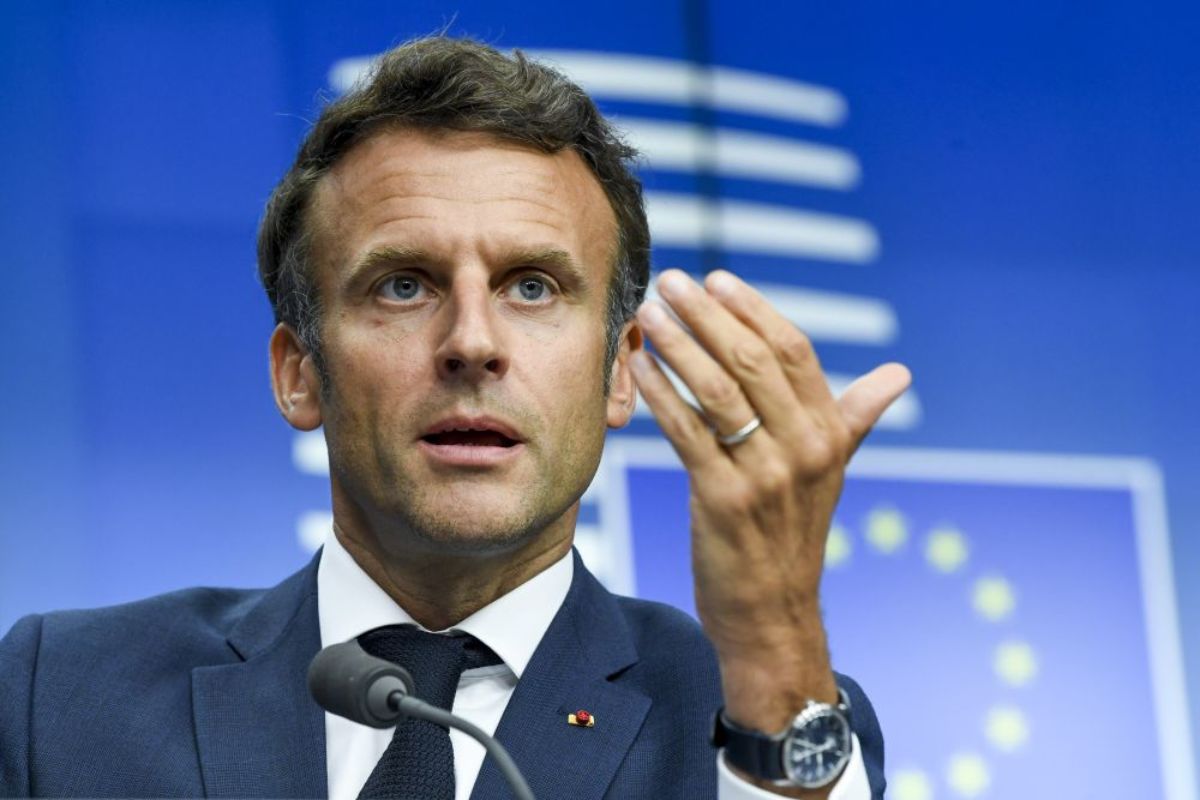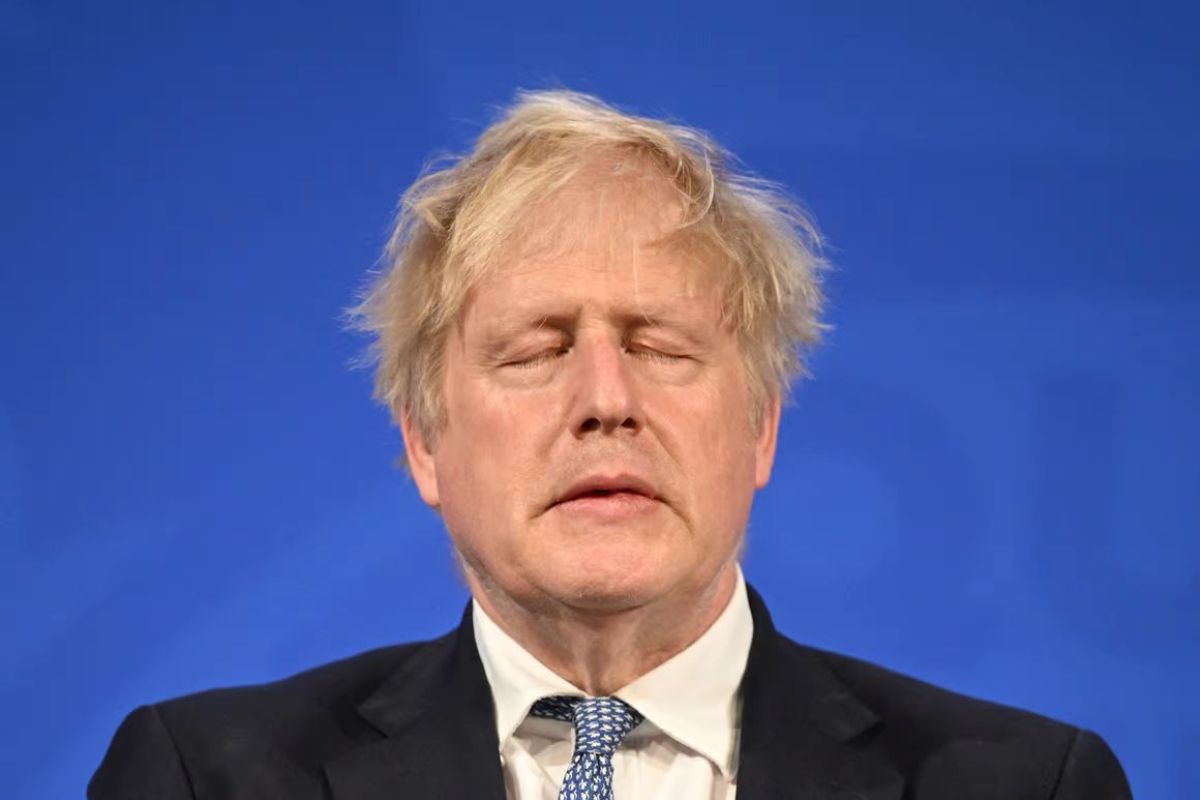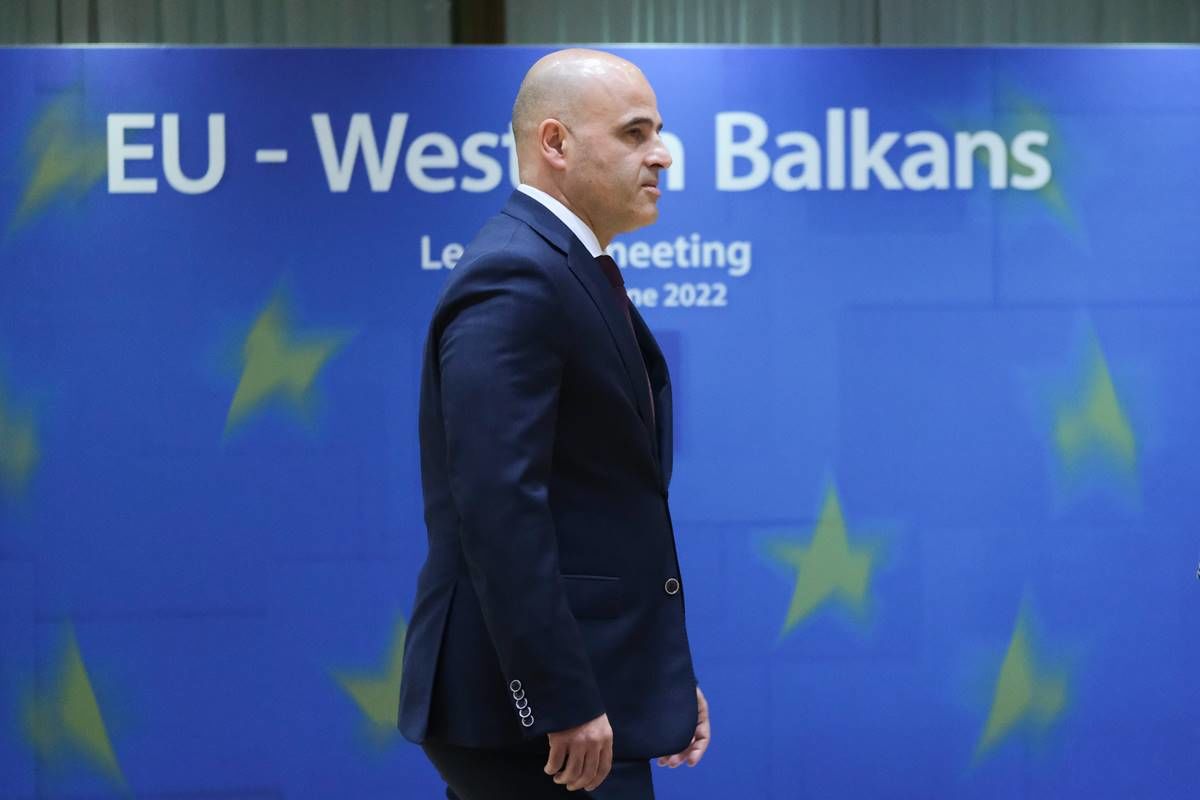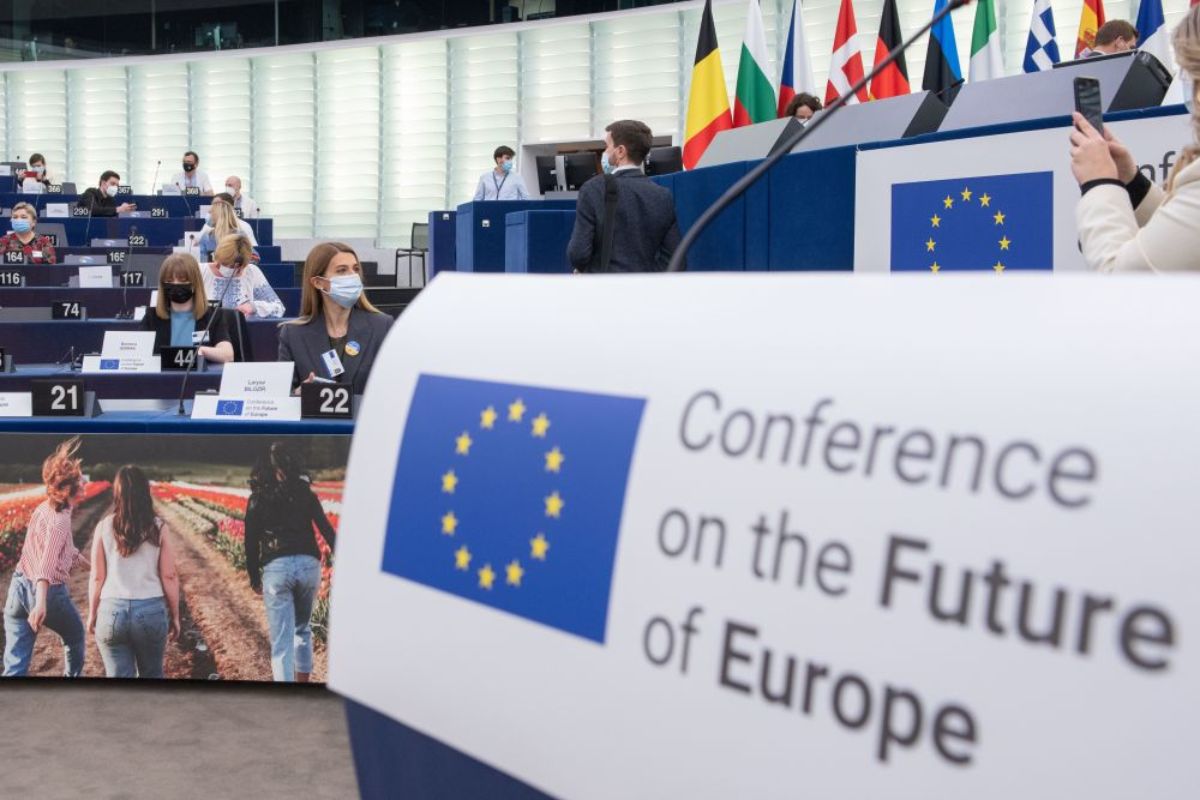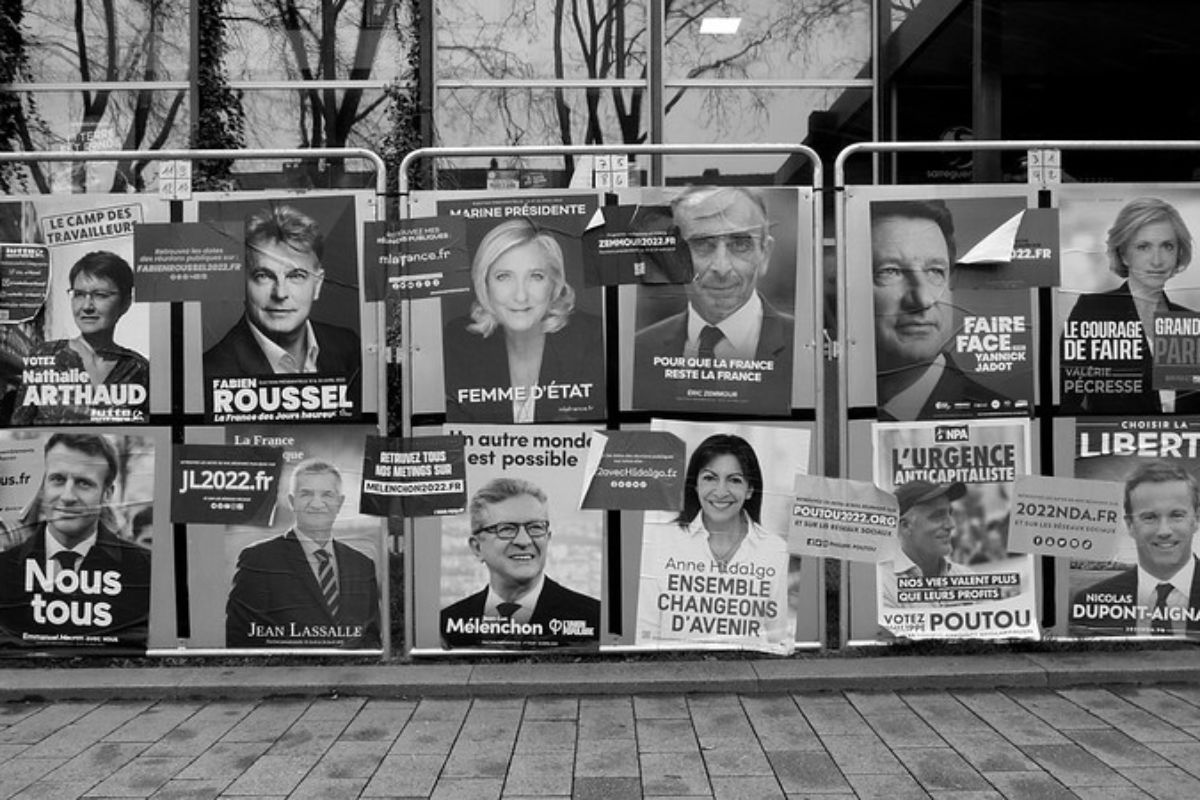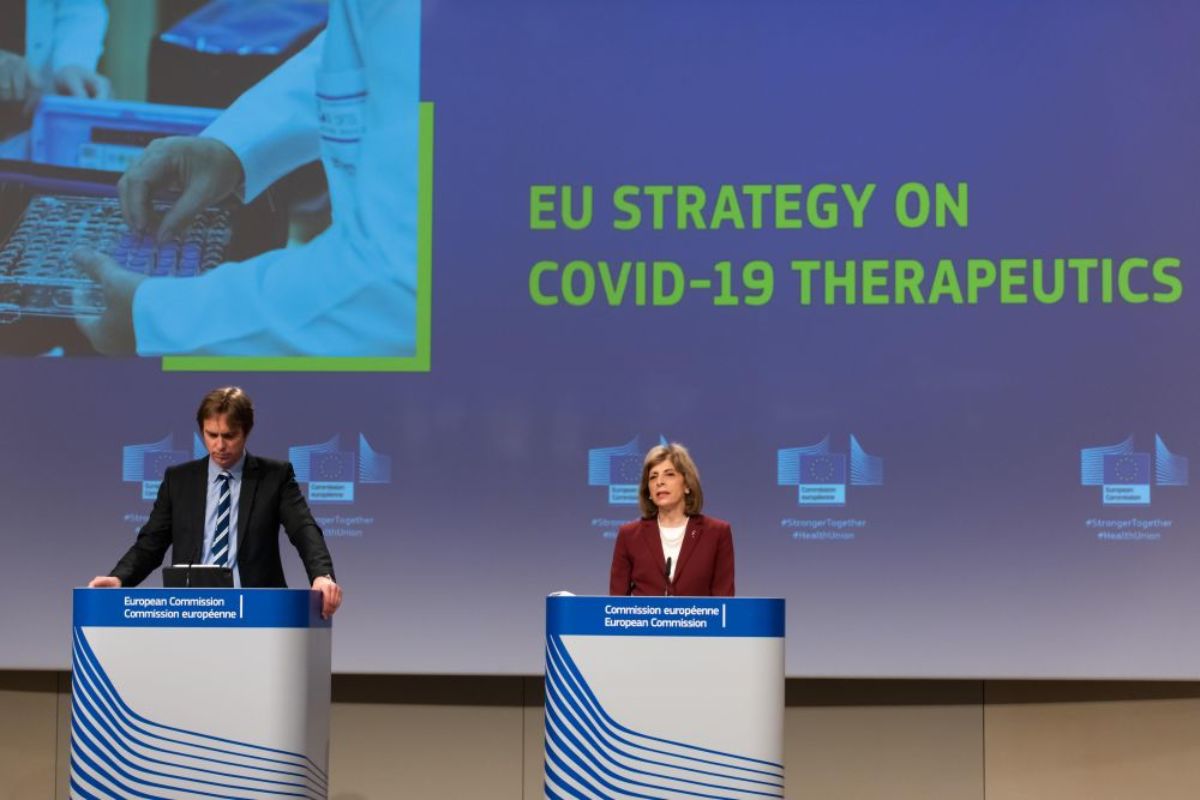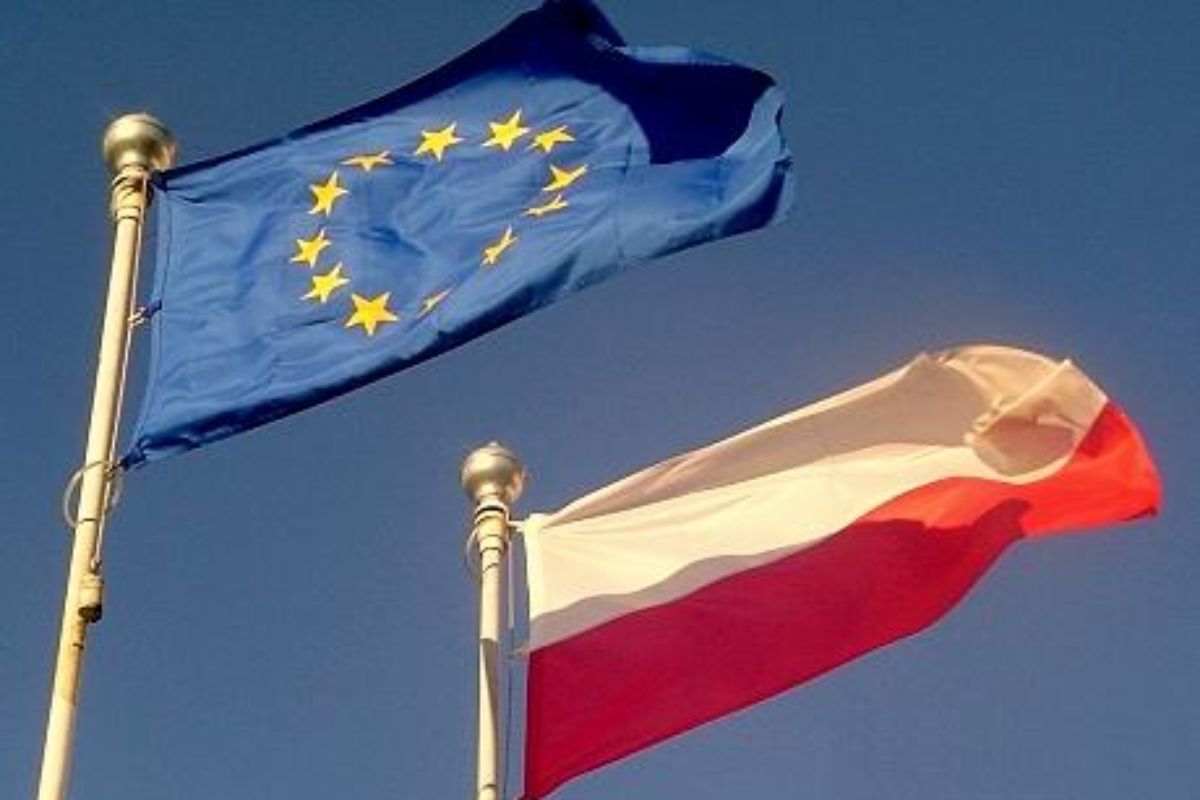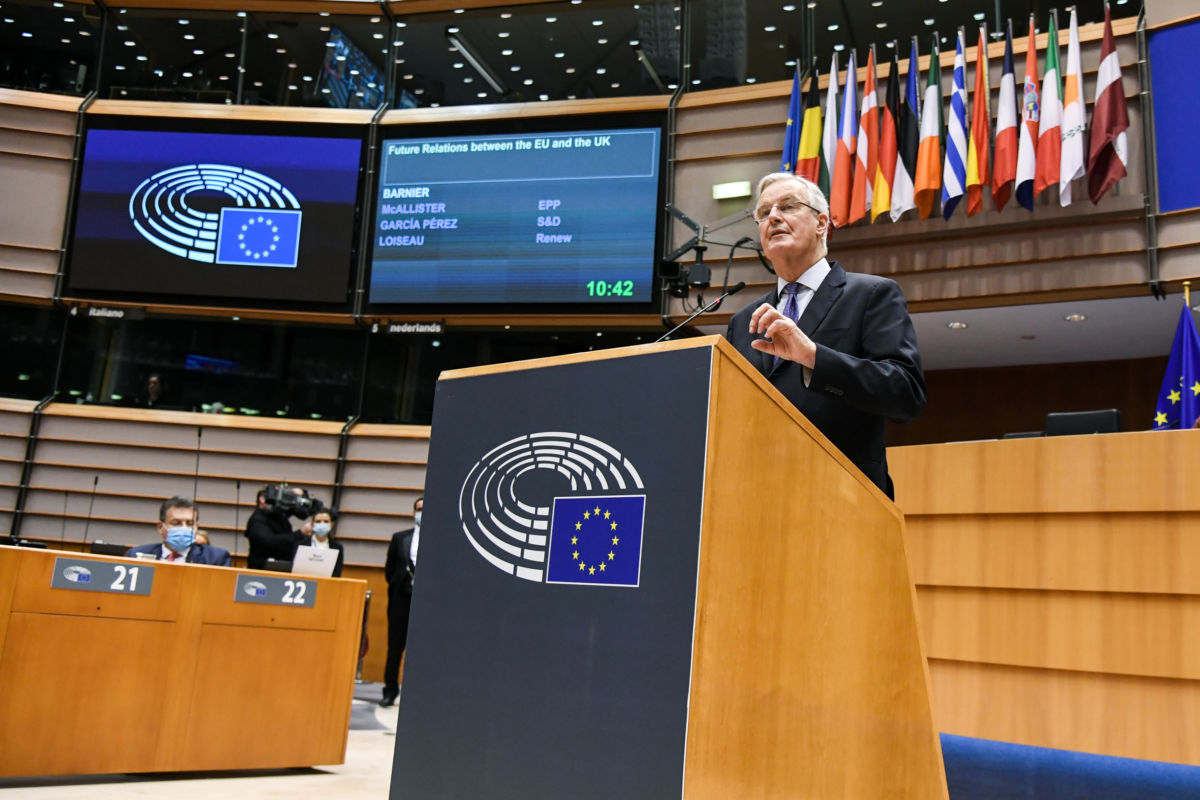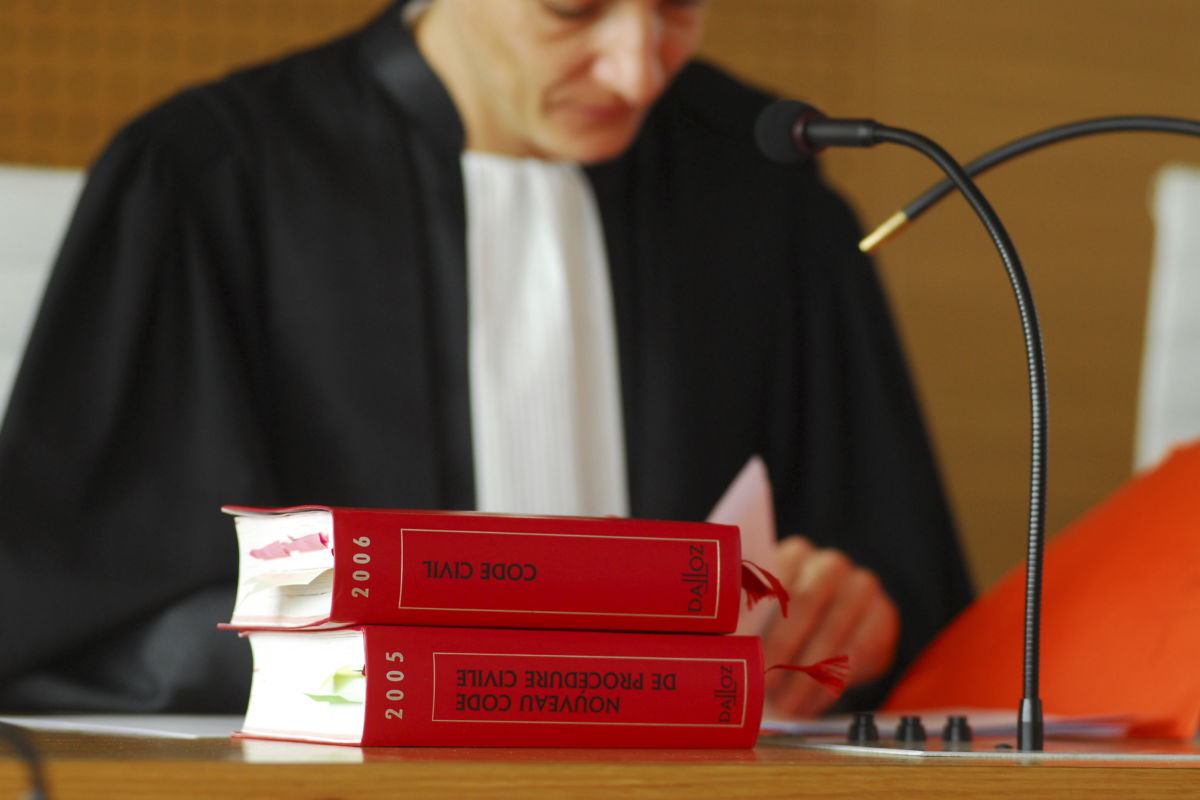More women than ever (13 out of 27), geographically balanced at the level of the Vice-Presidents and spanning three generations (the youngest is 28, the oldest 72), the restructured Commission proposed by President-elect Ursula von der Leyen has been carefully calibrated to curry favour with the major parties in the European Parliament, member state governments and citizens alike. But could it be characterised as a shift from a political to a politicised Commission? It certainly remains to be seen whether the new structure will enable the Commission to fulfil its role as an impartial guardian of the Treaties.
Von der Leyen hits all the right notes in fitting the EU for future purpose. With an acute feeling for the broad political landscape and a keen sense of strategic foresight, she has prioritised the big-ticket items of today and tomorrow: a changing world order, Brexit, climate change and the fourth industrial revolution.
Political triumvirate
With the creation of a triumvirate of Executive Vice-Presidents, von der Leyen has inserted a new layer into the hierarchical structure of her Commission. Unlike four of their colleague Vice-Presidents, the big three cumulate their position with that of line Commissioner, complete with their own directorate-general: Timmermans is supported by DG CLIMA, Vestager by DG COMP, and Dombrovskis by DG FISMA. The designated High Representative, Josep Borrell, is supported by the European External Action Service. But the other four ‘regular’ VPs have no apparatus to rely upon. Their political power is likely to remain limited, mainly determined by their savviness in operating within the Commission apparatus.
Apart from the extra layer of hierarchy in the College, political power in the new Commission is seemingly further dispersed by the continuation, if not expansion, of Juncker’s use of clusters of Commissioners, tasked to cooperate on hot topics.
No file is expected to percolate up to the College without having been cleared by the triumvirate, which is a reflection of the deal brokered by the June European Council to empower the majority held by the Christian-democratic, social and liberal democratic parties in the newly composed European Parliament. Von der Leyen has basically imported a German-style grand coalition political structure into the Commission.
The presentation of the Commission speaks indeed of ‘a whole of government’ approach. However, the Commission is not, at least not yet, a government. It is a hybrid combining two roles, that of policy initiator and that of an independent guardian of the Treaties. It is interesting that von der Leyen herself defines this Commission as a ‘geopolitical Commission’ and ‘guardian of multilateralism’. Perhaps the omission of a reference to the role of guardian of the Treaties is telling.
Guardian of the Treaties?
This traditional task of the Commission is defined in the Treaties. All Commissioners are required to make a solemn declaration that they will act independently in the general interest and that they will not accept instructions from any national government or any other entity (Art. 245 TFEU). Independence and impartiality is particularly important in three areas: Competition, the Stability Pact and the rule of law.
Ensuring a level playing field in the internal market requires an even-handed application of EU rules on state aid and competition. This function seems well protected from political influence in the person of Margrethe Vestager who, as an Executive VP, can directly rely on a strong service and, coming from a small country, will face little pressure from her home political base.
Traditionally, the Commissioner for competition did not have any other responsibility that could interfere with the main task. Vestager might, however, face a conflict between her role as guardian of competition and her responsibility for the ‘digital age’. Her Mission letter from the President says explicitly that she should “work on a new long-term strategy for Europe’s industrial future, working together with the Executive Vice-President for An Economy that Works for People.”
Potential problems are more serious concerning another traditional role of the Commission, namely the interpretation and enforcement of the fiscal rules of the euro area.
The Commissioner-designate for the economy, Paolo Gentiloni, is a former Italian prime minister and well respected politician, but has little experience in finance or economics. He might constantly have to struggle with a conflict of interest as a prominent member of the governing party of Italy, the one country which represents a constant source of friction given its high level of debt. He will have to be careful not to appear to be partial to his home country on this point. Moreover, he will have to work with the Executive Vice-President Valdis Dombrovskis, whose influence as vice-president in the Juncker Commission was very limited as he did not dispose of his own service and most decisions were made, on political grounds, by the President himself (or rather his Cabinet).
The third key area for the ‘guardian of the Treaties’ role is the protection of the rule of law. This has now become a slow-burning crisis that goes to the heart of European solidarity and integration. This dossier has been assigned to another pair: Didier Reynders, who unveiled the Belgian government’s plans in this area at the 2017 CEPS Ideas Lab. He will have at its disposal the DG formerly headed by Vera Jourová in her former job as Commissioner responsible for justice. She has been promoted to Vice-President on an adjacent file, i.e. values and transparency, a topic which has landed the leader of her political party at home, Czech Prime Minister Babis, in hot water due to allegations of fraud with EU subsidies and conflicts of interest. It remains an open question whether Jourová, who despite her promotion will have to do without a fully-fledged directorate-general, will be able to play a major role and tackle those kinds of cases head on, whether in Visegrád countries or elsewhere.
All in all, this is a Commission that should be able to make a fresh start as it does not have to grapple with existential crises as did its predecessor. However, by attempting to mimic a ‘grand coalition government’ based implicitly on three parties, it risks weakening its fundamental role as the impartial guardian of the Treaties.





